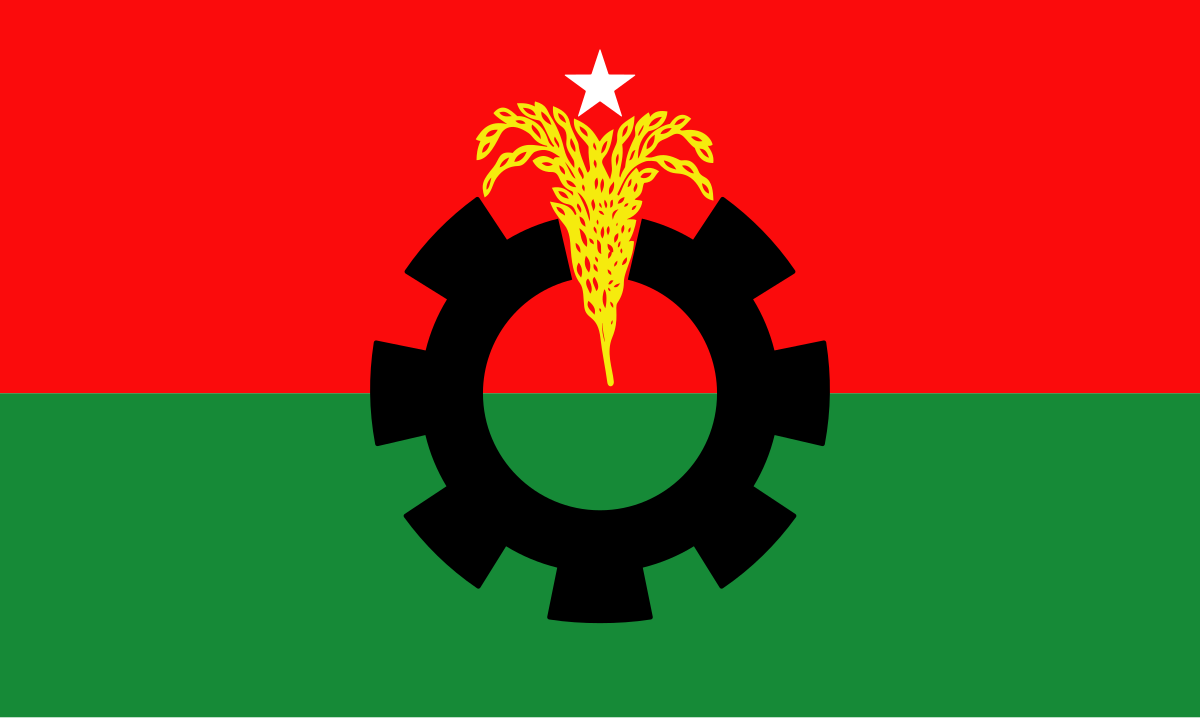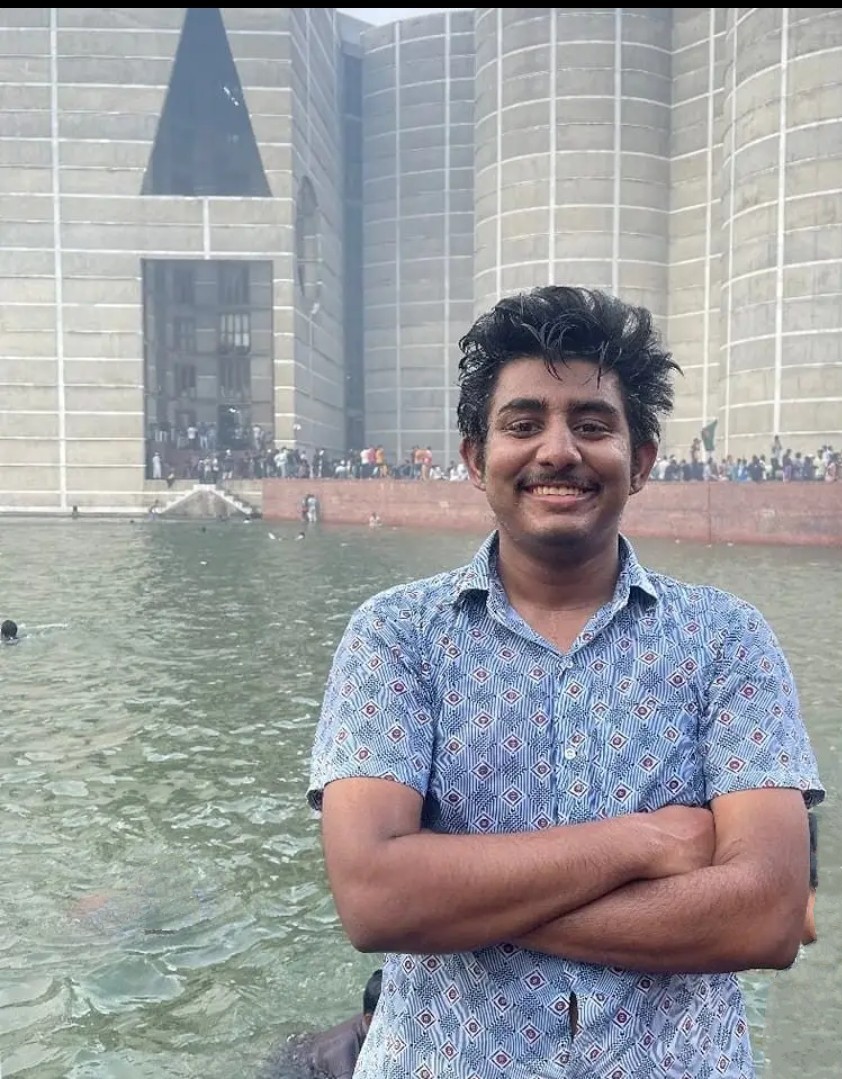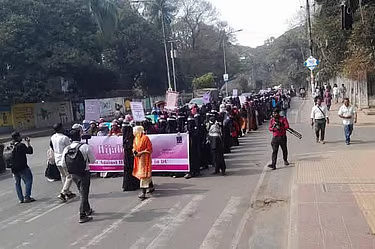By Kamal Sikder
In Bangladesh’s context of political dynamics, many citizens, who may not engage in complex analytical thought processes, often arrive at straightforward conclusions about political events that they observe with a relatively detached perspective. Recent actions by the Bangladesh Nationalist Party (BNP) have raised questions among the general public and members of the Anti-Discrimination Student Movement. BNP Secretary General Mirza Fakhrul Islam Alamgir has made multiple statements regarding the so-called “minus two” formula, clarifying that the party does not intend to exclude the Awami League from participating in elections or to support a ban on any political parties.
In a recent video message, former Foreign Secretary of the ousted Awami League administration, Hasan Mahmud, stated that his party is open to cooperating in restoring democratic processes, despite its previous role in undermining democratic principles over the past 16 years before being overthrown by a mass uprising led by students and the general populace. His appeal to the BNP for collaboration has stirred frustration among many who view it as audacious, especially as Mahmud addressed Tarique Rahman, the BNP’s de facto leader, with undue familiarity after years of Awami League efforts to discredit him and other BNP leaders. While Tarique Rahman and BNP leaders are undoubtedly aware of this inconsistency, the party’s rhetoric has recently softened towards the Awami League and India—the nation that many believe propped up the Awami League’s rule and overlooked its alleged violations.
Observers have noted a discernible shift in the BNP’s tone following visits by its leaders to the Indian High Commission. These leaders now appear reluctant to support reforms proposed by the interim government, arguing instead that reform initiatives should be the responsibility of a fully elected administration. This pivot has led some to speculate that the BNP leadership is disregarding the legitimacy and popular mandate that brought the interim government, led by Professor Yunus, to power—a mandate that some analysts suggest is backed by more than 80% of the population, while the BNP’s own support may not exceed 40%.
BNP members appear increasingly confident that they will assume power if elections are held, evident from reported activities involving party members seizing property and businesses, extortion, allegedly making under-the-table deals with former Awami League associates, and even facilitating their escape from the country. A recent example of the volatile political situation is the assault on Ahsan Habib, a 27-year-old coordinator of the Anti-Discrimination Student Movement in Chandpur’s Haimchar. BNP activists reportedly attacked Habib after he refused to withdraw a legal case he had filed against Awami League members. On Tuesday, November 5, BNP activists allegedly assaulted him with sharp weapons in front of Haimchar Government College, inflicting injuries across his body. He was initially treated at the Haimchar Upazila Health Complex before being transferred to Chandpur Government Hospital for advanced care. Following the incident, police detained a suspect named Miraj. Such actions are concerning to those who fear that the sacrifices made by nearly 2,000 martyrs and 20,000 injured citizens during the recent uprisings may be disregarded if the BNP assumes power without addressing the people’s demands for justice and accountability.
Although many criticisms focus on Mirza Fakhrul’s perceived change in stance—accusing him of betraying the July uprising and August revolution by aligning with foreign interests—this shift likely transcends his influence. The BNP’s current strategic direction is largely shaped by Tarique Rahman, who has lived in the United Kingdom for over 15 years. Rahman’s political perspective is reportedly shaped by Western influences and aligns with British interests, which are themselves influenced by a strong Indian lobby in the UK. Notably, India is the UK’s largest investor, wielding significant sway in British policymaking, as seen in the recent UK-India agreement to allow Indian youth to participate in the UK’s working holiday visa scheme—an option previously exclusive to select Commonwealth nations like Australia and Canada.
In Bangladesh’s changing political landscape, Islamic political parties have an unprecedented opportunity to emerge as significant opposition forces, potentially reshaping the nation’s secular narrative. This could drive Bangladesh towards a stronger emphasis on Islamic values—an ideological direction BNP has not fully embraced, despite its alignment with the Islamic cultural identity of the Bangladeshi people. In recent years, the BNP has attempted to reconcile its position with India, downplaying policies from previous administrations led by Ziaur Rahman and Khaleda Zia that were critical of Indian influence. This position suggests that, in terms of core policies and governance approach, there is little fundamental difference between the BNP and Awami League; both parties have historically been criticised for monopolising national resources while in power.
The BNP’s current strategy appears increasingly shaped by Tarique Rahman’s extended residence in the UK, where Indian influence is significant among both Conservative and Labour circles. Many Indian expatriates, including scholars and professionals, retain close affiliations with Hindutva ideology. This influence was highlighted in recent incidents, such as the attacks by Hindutva groups in Leicester. Organizations like ISKCON also advocate on behalf of Indian interests in Western political spheres. To fully understand the BNP’s evolving position and to ensure the outcomes of the July-August revolution benefit the Bangladeshi people, it is essential to examine the external forces and geopolitical considerations influencing Tarique Rahman’s decisions from abroad, rather than focusing solely on BNP leaders within Bangladesh.









